Well, When You Say It Like That…

Image copyright Netflix
I recently watched a new movie on Netflix called Spectral. It has been accurately described as Ghostbusters meets Black Hawk Down. Military forces in a war-torn Eastern European wasteland are besieged by entities that look and act like ghosts, and kill on contact. It was a fun movie with lots of action and decent special effects, though the big revelation at the end pushed even my generous suspension of disbelief over the edge.
There is one scene where several characters are discussing what these ghost-like anomalies might actually be. One guys says, “A technician’s job is to find glitches, so he sees glitches. Your job is to find the enemy, so you see the enemy. Locals believe in spirits, so they see spirits. Everyone’s biased.” That moment made me stop and ponder the simple yet monumental truth in this statement. We see what we want to see.
Not only that, but we denigrate the other options that conflict with our worldviews. Consider the problem of the spectral assailants. One soldier could say to another, “You mean to tell me that spirits of dead people are walking around, killing our guys?” The other soldier could respond by saying, “Oh, so you believe that our enemies have discovered an active camouflage cloaking device that makes them invisible to the naked eye and most middle-spectrum light?”
Anything can sound ridiculous if you phrase it a certain way. After all, only an insane person would strap themse lves into a metal container with dozens of gallons of combustible fuel which is constantly exploding right at their feet and hurl themselves down the highway at fatal speeds, mere feet away from similar contraptions being driven by people prone to any number of distractions. Or perhaps they are just driving their cars to work, as hundreds of millions of people do every day without incident. I came across an amusing meme on social media. It read, “Christianity: The belief that some cosmic Jewish Zombie can make you live forever if you symbolically eat his flesh and telepathically tell him that you accept him as your master, so he can remove an evil force from your soul that is present in humanity because a rib-woman was convinced by a talking snake to eat from a magical tree. Makes perfect sense.”
lves into a metal container with dozens of gallons of combustible fuel which is constantly exploding right at their feet and hurl themselves down the highway at fatal speeds, mere feet away from similar contraptions being driven by people prone to any number of distractions. Or perhaps they are just driving their cars to work, as hundreds of millions of people do every day without incident. I came across an amusing meme on social media. It read, “Christianity: The belief that some cosmic Jewish Zombie can make you live forever if you symbolically eat his flesh and telepathically tell him that you accept him as your master, so he can remove an evil force from your soul that is present in humanity because a rib-woman was convinced by a talking snake to eat from a magical tree. Makes perfect sense.”
Most people with a high school education know what a “straw man argument” is, and it’s very tempting to paint the other side with a snarky and sarcastic brush. It’s true that everyone is biased, that we see what we want. However, that doesn’t mean we get to insult those on the opposite side of the fence. In the movie Spectral, some believe the anomalies truly are ghosts, while others think they are simply regular people utilizing advanced technology, but the truth ends up being more incredible (and far-fetched) than anyone could imagine. And in that fictional world, it was taken as fact, because it was. There are many insane truth that exist in our real world, and if you are a believer in Christ, then the “Cosmic Jewish Zombie” is as real to you as your own flesh and blood.
When something sounds ludicrous, take a step back. Is it truly ludicrous or is it simply phrased that way? As fans of science fiction, we know that today’s impossible becomes tomorrow’s gadget. And keep an open mind – the truth may shock you.

































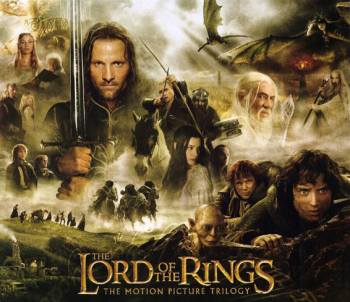

 I think it speaks to the powerful nature of storytelling. Though the details of the story itself may become so ingrained in our minds that it offers nothing new or exciting, the truths woven throughout remain timeless.
I think it speaks to the powerful nature of storytelling. Though the details of the story itself may become so ingrained in our minds that it offers nothing new or exciting, the truths woven throughout remain timeless.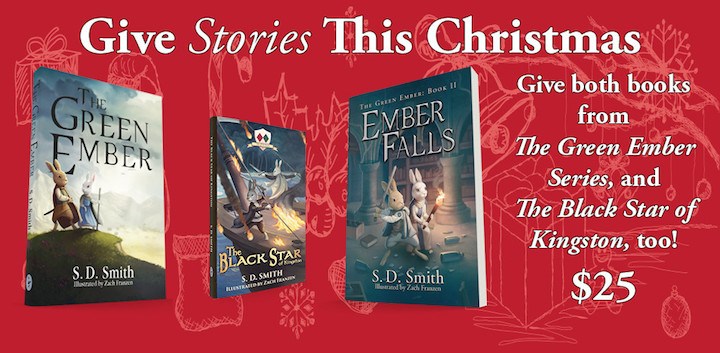
 S. D. Smith is the author of the middle-grade adventure fantasy novels, The Green Ember, The Black Star of Kingston, and Ember Falls (The Green Ember: Book II). Despite spending time as one of the top 100 best-selling authors on Amazon and seeing the audiobook for The Green Ember hit #1 in worldwide sales on Audible, Smith notes that he remains an award-losing author. His debut novel was a runner up for both World Magazine and Audibleâs Kidâs Book of the Year Awards.
S. D. Smith is the author of the middle-grade adventure fantasy novels, The Green Ember, The Black Star of Kingston, and Ember Falls (The Green Ember: Book II). Despite spending time as one of the top 100 best-selling authors on Amazon and seeing the audiobook for The Green Ember hit #1 in worldwide sales on Audible, Smith notes that he remains an award-losing author. His debut novel was a runner up for both World Magazine and Audibleâs Kidâs Book of the Year Awards. Certainly Smith’s early love for stories and fantasy became a part of him, but his writing didn’t take off until, as an adult, a father, he began telling stories to his daughter, then to her and her brother, and eventually to all the family. Initially they would sit out on the porch and watch deer and rabbits in their yard, and he would make up stories about the animals.
Certainly Smith’s early love for stories and fantasy became a part of him, but his writing didn’t take off until, as an adult, a father, he began telling stories to his daughter, then to her and her brother, and eventually to all the family. Initially they would sit out on the porch and watch deer and rabbits in their yard, and he would make up stories about the animals. 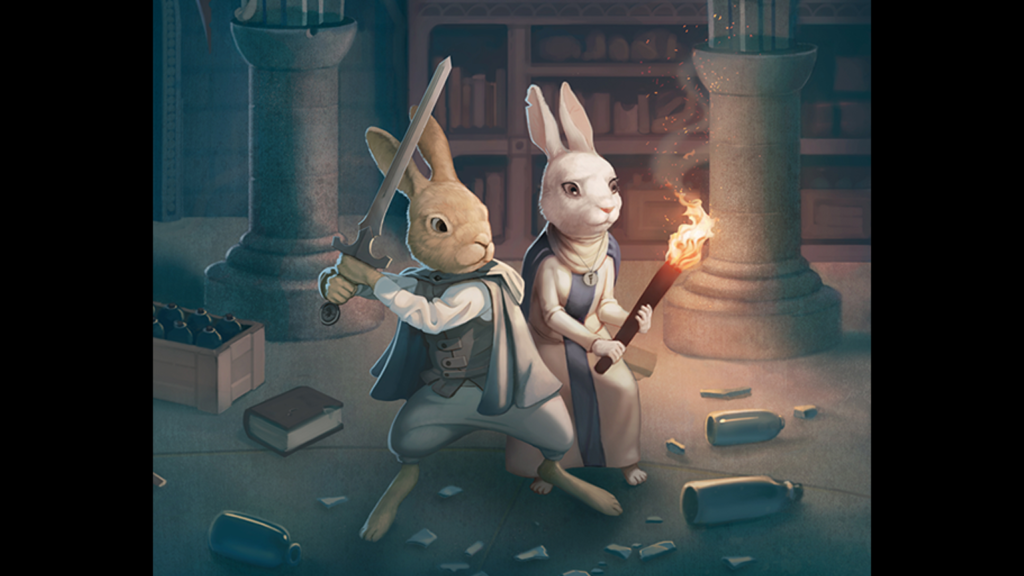

 S. D. Smith lives with his wife and four kids in West Virginia. Sam is the author of the middle grade adventure fantasy, The Green Ember, as well as its prequel, The Black Star of Kingston.
S. D. Smith lives with his wife and four kids in West Virginia. Sam is the author of the middle grade adventure fantasy, The Green Ember, as well as its prequel, The Black Star of Kingston.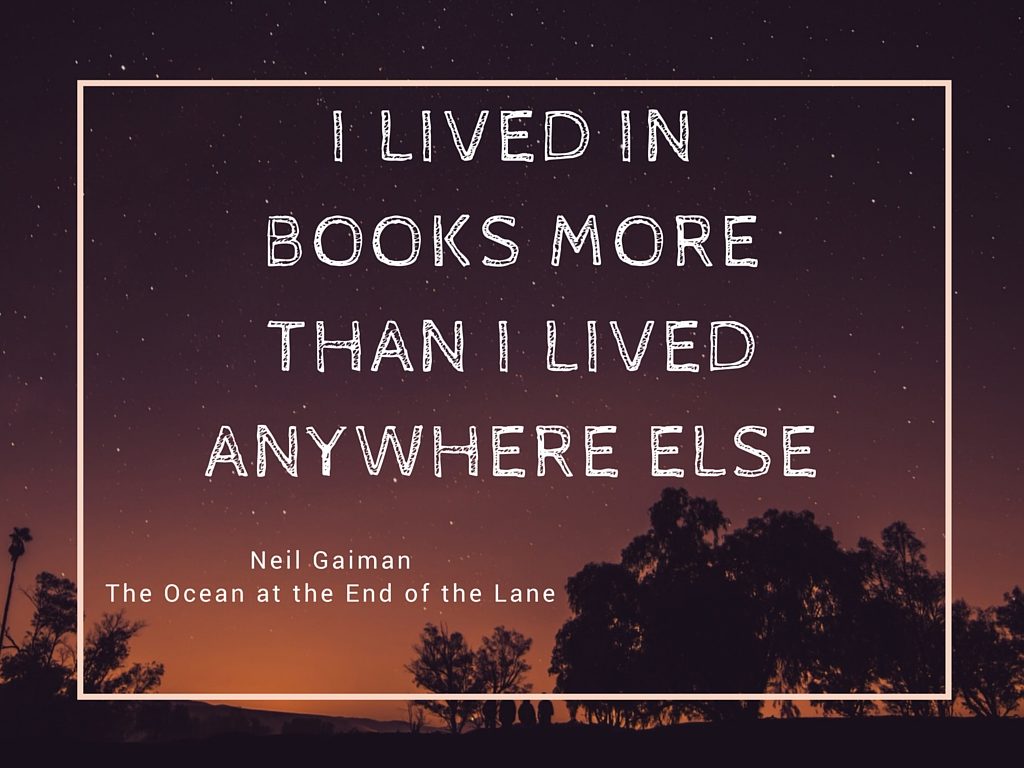
 You may need to shop for a bookish friend or family member. Perhaps youâre looking for the perfect spec-fic novel to round out your list.
You may need to shop for a bookish friend or family member. Perhaps youâre looking for the perfect spec-fic novel to round out your list. 2.
2. 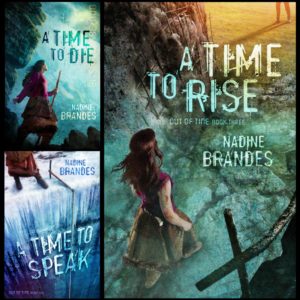 5.
5. 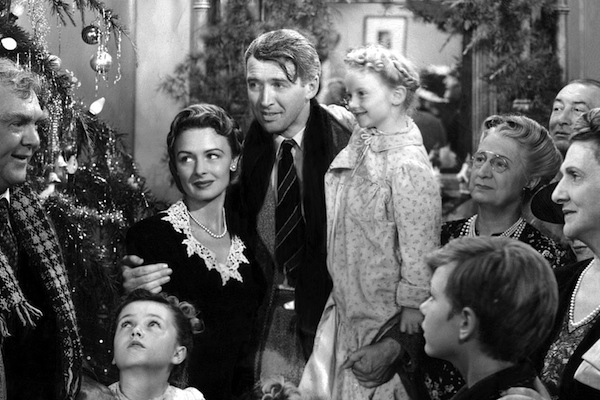
 Perhaps no other holiday or time of year has inspired as much fiction as has Christmas. This weekend I watched a couple Christmas movies on ION—very sappy and sentimental, but sill endearing. The thing they had in common was some aspect of speculation: magic or wonder or the supernatural. These were not Christian movies, mind you. But they associated Christmas with wonder, with generosity, with reconciliation, with personal growth and change. And yes, with love.
Perhaps no other holiday or time of year has inspired as much fiction as has Christmas. This weekend I watched a couple Christmas movies on ION—very sappy and sentimental, but sill endearing. The thing they had in common was some aspect of speculation: magic or wonder or the supernatural. These were not Christian movies, mind you. But they associated Christmas with wonder, with generosity, with reconciliation, with personal growth and change. And yes, with love.  But these qualities are so other when compared with normal life. We know that relationships aren’t always healed, that selfish people don’t share their wealth with the Tiny Tim’s of the world. We know that the George Bailey’s often end up in prison, and orphans don’t always find a loving family. Enter the speculative.
But these qualities are so other when compared with normal life. We know that relationships aren’t always healed, that selfish people don’t share their wealth with the Tiny Tim’s of the world. We know that the George Bailey’s often end up in prison, and orphans don’t always find a loving family. Enter the speculative. Of course not all Christmas stories include the supernatural or the speculative. Some, like Pearl S. Buck’s
Of course not all Christmas stories include the supernatural or the speculative. Some, like Pearl S. Buck’s 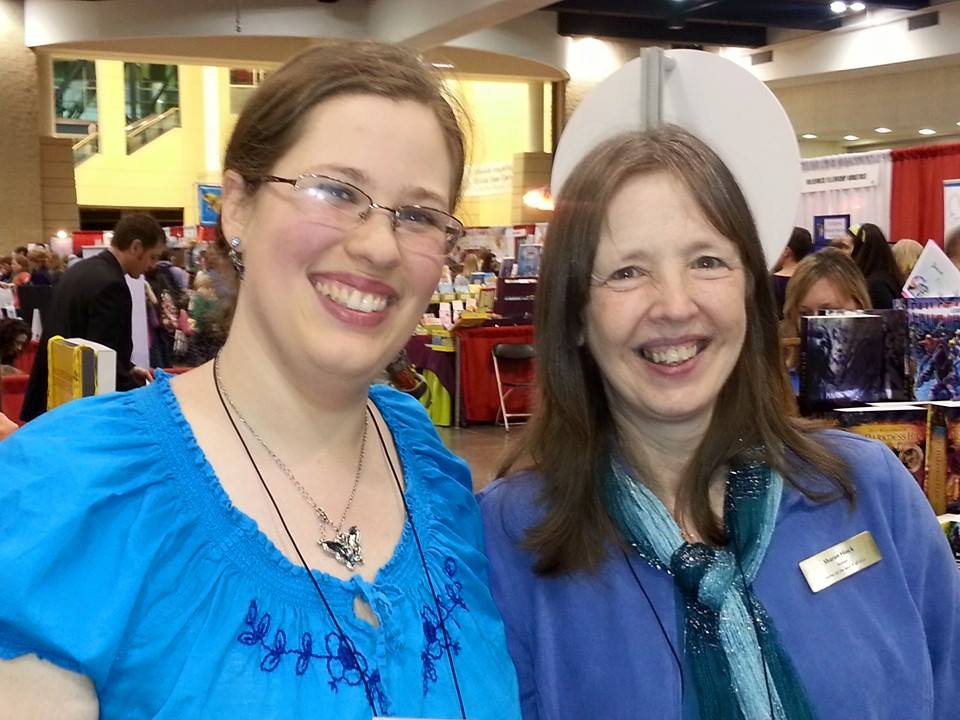

 AUTHOR BIO
AUTHOR BIO

 There are many different types of readers, but today Iâm talking to the bookwormsâthe voracious readers who count books as one of the joys of the world (you know who you are). đ
There are many different types of readers, but today Iâm talking to the bookwormsâthe voracious readers who count books as one of the joys of the world (you know who you are). đ

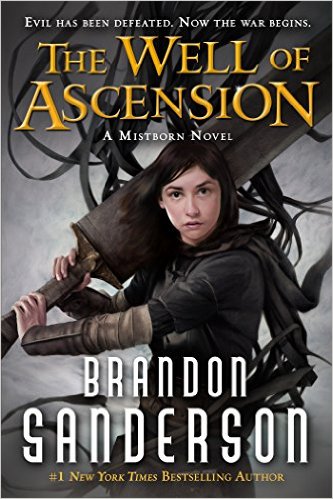
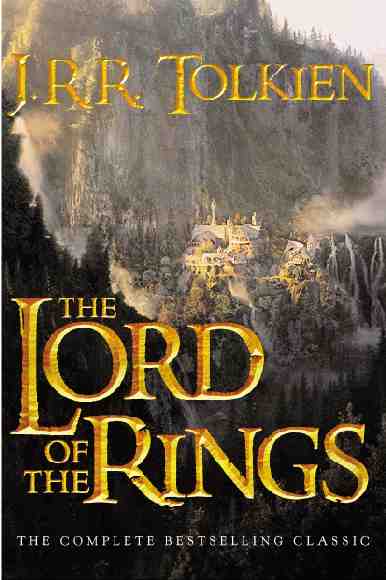 I can feel it coming on. I’ve noticed it more the last few years, but no doubt it’s been part of my makeup for some time. Call it the Fantasy Itch.
I can feel it coming on. I’ve noticed it more the last few years, but no doubt it’s been part of my makeup for some time. Call it the Fantasy Itch. Harry Potter is similar. Nothing could be more familiar to most of us than a school, though fewer of us have experienced a boarding school, unless you lived in a dorm during college. But mixed in with what seems so normal—homework and tests and boring lectures and athletic contests—is the special world of wizardry with its hierarchy and governance, games and tradition, wands and flying broomsticks. And history. A dark history in which a wizard, utilizing the dark arts, ruled.
Harry Potter is similar. Nothing could be more familiar to most of us than a school, though fewer of us have experienced a boarding school, unless you lived in a dorm during college. But mixed in with what seems so normal—homework and tests and boring lectures and athletic contests—is the special world of wizardry with its hierarchy and governance, games and tradition, wands and flying broomsticks. And history. A dark history in which a wizard, utilizing the dark arts, ruled.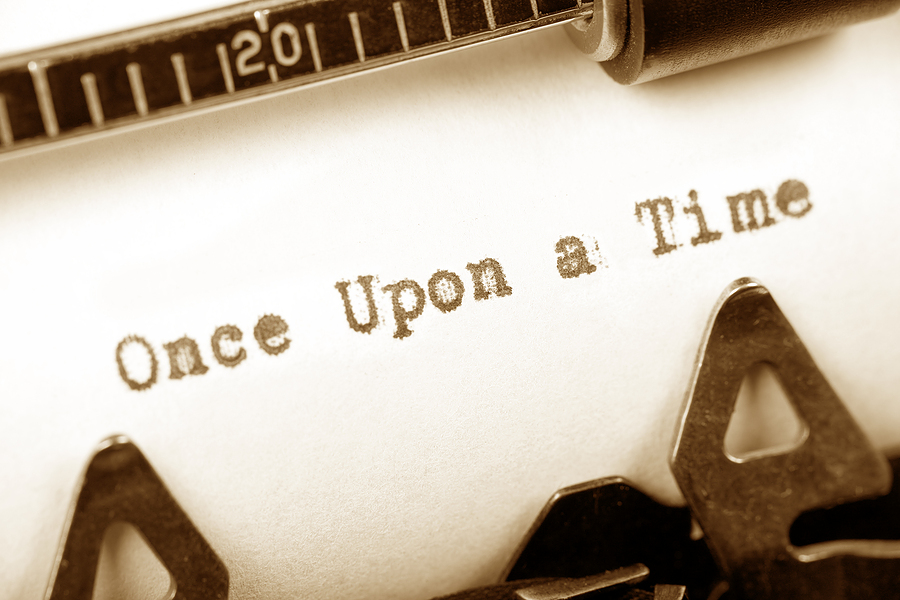
 David against Goliath. In a good mood, we call these tropes or archetypes; in a less generous mood, stereotypes or cliches.
David against Goliath. In a good mood, we call these tropes or archetypes; in a less generous mood, stereotypes or cliches.

